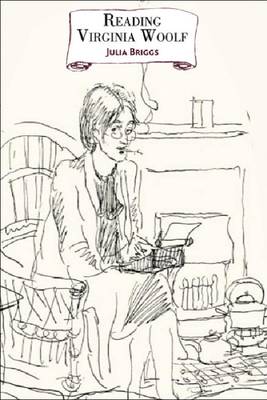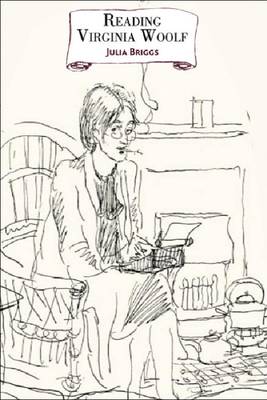
- Afhalen na 1 uur in een winkel met voorraad
- Gratis thuislevering in België vanaf € 30
- Ruim aanbod met 7 miljoen producten
- Afhalen na 1 uur in een winkel met voorraad
- Gratis thuislevering in België vanaf € 30
- Ruim aanbod met 7 miljoen producten
Zoeken
Omschrijving
The pleasure and excitement of exploring Virginia Woolf's writings is at the heart of this book by a highly respected Woolf critic and biographer. Julia Briggs reconsiders Woolf's work - from some of her earliest fictional experiments to her late short story, 'The Symbol', and from the most to the least familiar of her novels - from a series of highly imaginative and unexpected angles. Individual essays analyse Woolf's neglected second novel, Night and Day and investigate her links with other writers (Byron, Shakespeare), her ambivalent attitudes to 'Englishness' and to censorship, her fascination with transitional places and moments, with the flow of time (and its relative nature), her concern with visions and revision and with printing and the writing process as a whole. We watch Woolf as she typesets an extraordinarily complex high modernist poem (Hope Mirrlees's 'Paris'), and as she revises her novels so that their structures become formally - and even numerologically - significant. A final essay examines the differences between Woolf's texts as they were first published in England and America, and the further changes she occasionally made after publication, changes that her editors have been slow to acknowledge. Julia Briggs brings to these discussions an extensive knowledge of Woolf both as a scholar and as an editor. She records her findings and observations in a lively, graceful and approachable style that will entice readers to delve further and more meaningfully into Woolf's work. Features* Addresses a wide range of familiar and less familiar texts, including Woolf's short stories.* Opens up difficult texts in an inviting style.* Covers aspects of Woolf's work that have been consistently neglected or have never been considered before.
Specificaties
Betrokkenen
- Auteur(s):
- Uitgeverij:
Inhoud
- Aantal bladzijden:
- 256
- Taal:
- Engels
Eigenschappen
- Productcode (EAN):
- 9780748624348
- Verschijningsdatum:
- 14/06/2006
- Uitvoering:
- Hardcover
- Formaat:
- Genaaid
- Afmetingen:
- 161 mm x 237 mm
- Gewicht:
- 508 g

Alleen bij Standaard Boekhandel
+ 515 punten op je klantenkaart van Standaard Boekhandel
Beoordelingen
We publiceren alleen reviews die voldoen aan de voorwaarden voor reviews. Bekijk onze voorwaarden voor reviews.











